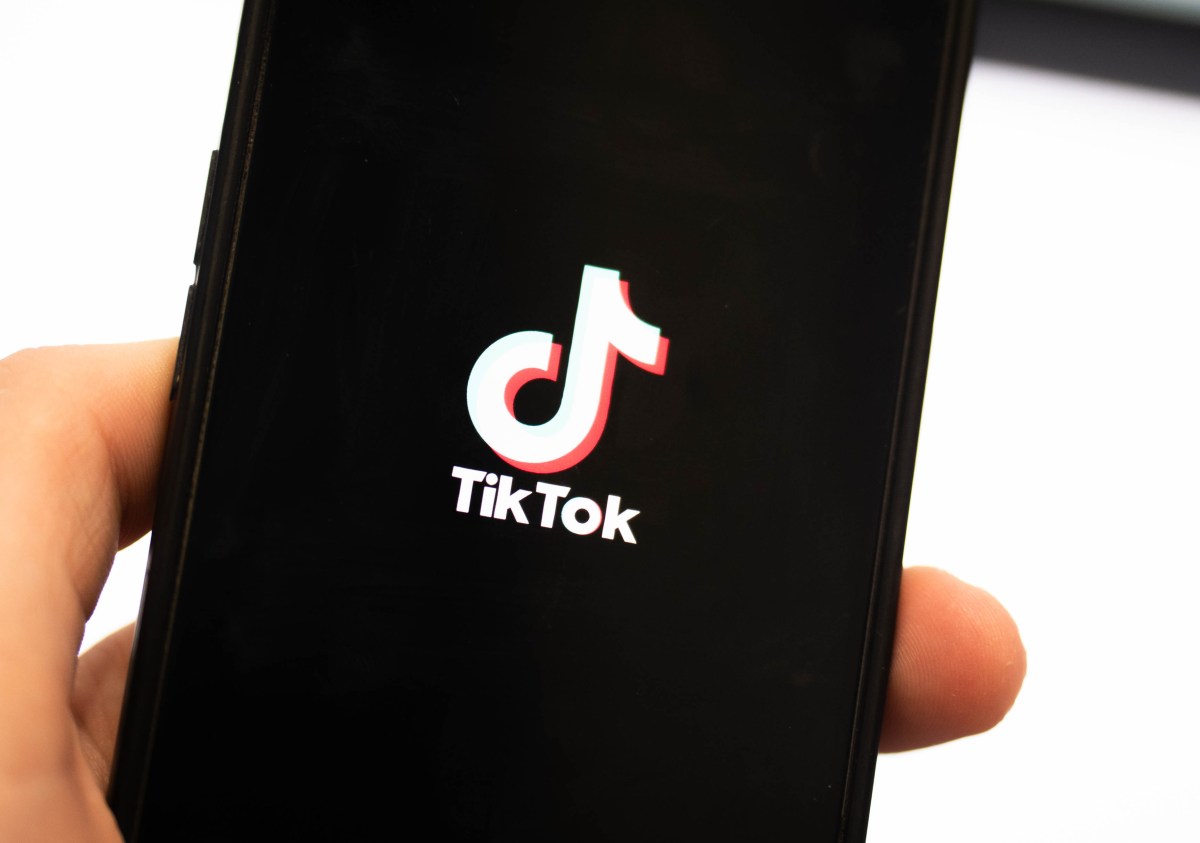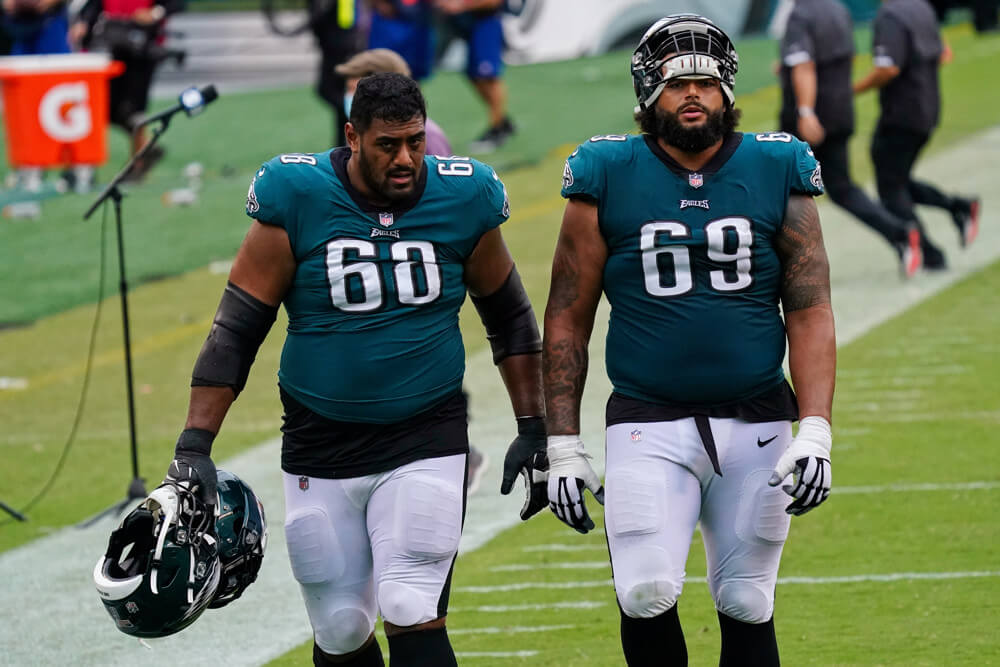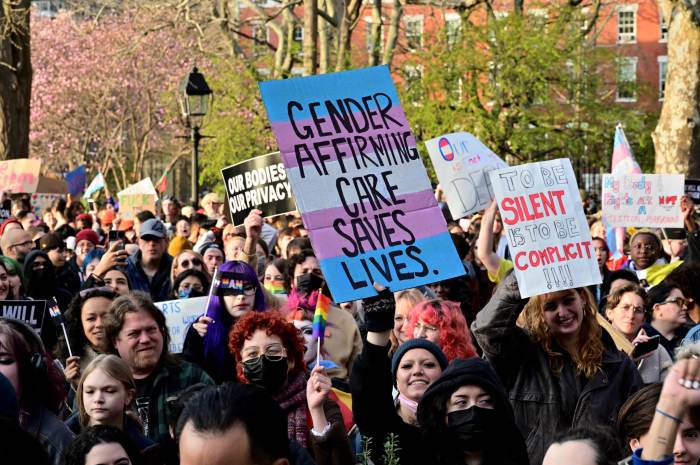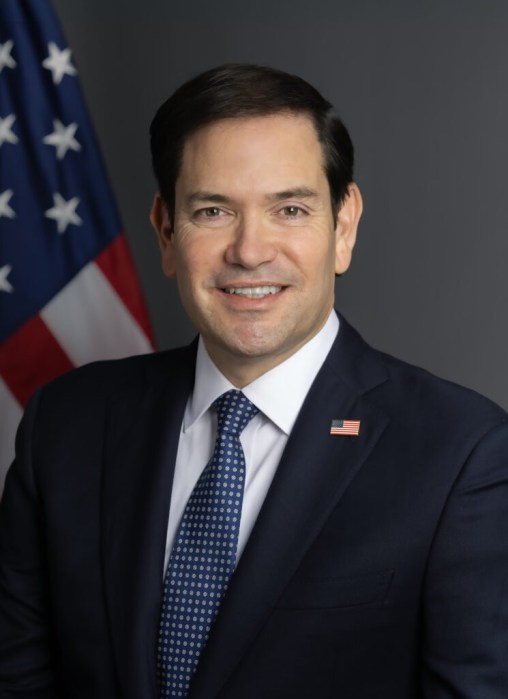SAO PAULO (Reuters) – Telefonica Brasil SA’s second-quarter results were pressured by the impact of the coronavirus outbreak on the economy but it still exceeded expectations as operations began to improve in June.
Brazil’s largest wireless carrier on Wednesday posted a quarterly net profit of 1.113 billion reais ($215.98 million), down 21.6% from a year ago, but above a consensus estimate of 1.008 billion reais compiled by Refinitiv.
“The scenario was challenging as the economic slowdown hit our business and fueled uncertainties… April was particularly tough, May a bit less and things only started to get better as of June,” Chief Executive Christian Gebara told journalists.
The local subsidiary of Spain’s Telefonica, which operates under the Vivo brand, posted a 5.1% fall in quarterly net revenue, driven by both mobile and landline services, while store closures led to a 41% tumble in smartphone sales.
Gebara noted, however, that 80% of Vivo’s stores have now reopened and said demand for mobile services, particularly pre-paid, is picking up.
Shares in Telefonica Brasil were trading down 0.6% at 50.66 reais after rising as much as 3% at the opening.
Analysts at BTG Pactual saw Vivo’s results as “resilient”, highlighting its “remarkable free cash flow” of 2.77 billion reais helped by lower capital expenditure.
The carrier has been mulling alternatives to accelerate the expansion of its fiber network while limiting investments.
In a separate filing, Vivo said it plans to create an independent unit to build and offer a neutral fiber network to wholesale customers. Credit Suisse analysts praised the move, saying it could create a more efficient capital structure.
Parent company Telefónica will be Vivo’s initial partner in the new vehicle but it will seek at least one more investor by year-end, according to Gebara.
“The goal for this unit is to start operations in 2021 and reach 5 million homes within four years,” the CEO said.
Vivo is also bidding together with rivals TIM Participacoes SA and America Movil’s Claro for bankrupt Oi’s mobile unit. The three presented a new 16.5 billion-real bid on Monday night, which Gebara called a “reasonable” offer.
(Reporting by Gabriela Mello, editing by Kirsten Donovan and Bernadette Baum)


























